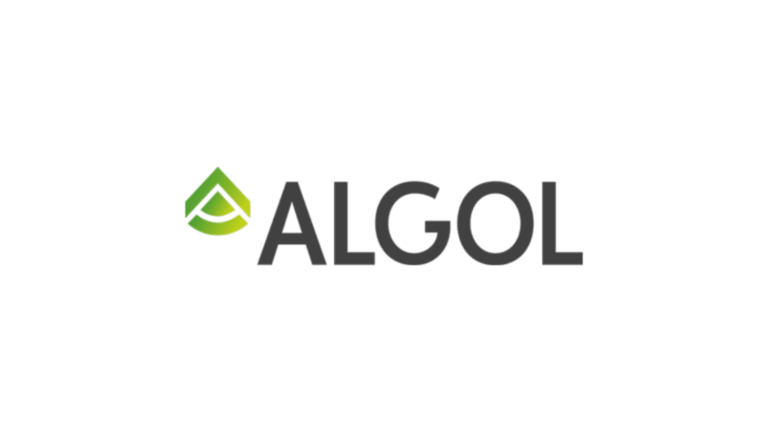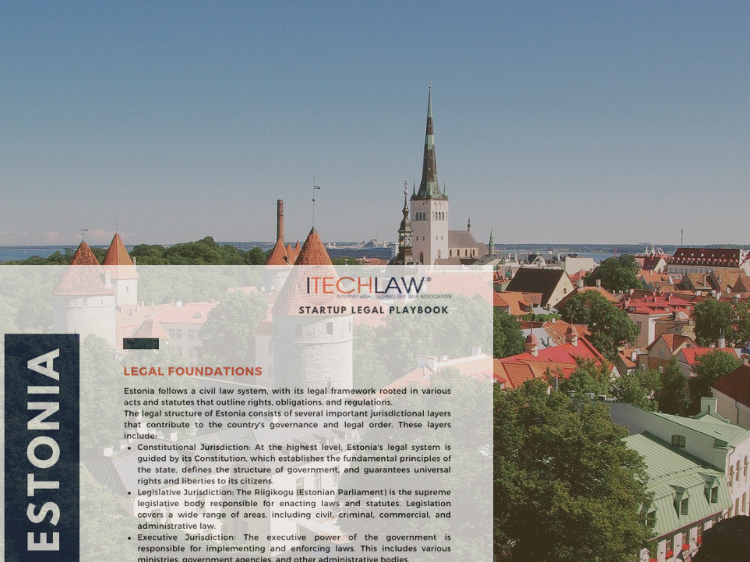
We would like to inform crypto-asset service providers about some upcoming changes that may affect your operations. The European Union (EU) and the Organisation for Economic Co-operation and Development (OECD) are introducing new regulations called the Crypto Asset Reporting Framework (CARF) and amending the Common Reporting Standard (CRS).
The CARF and CRS amendments aim to address the challenges faced by tax authorities in monitoring and taxing profits generated from crypto asset trading. As crypto assets are easily traded across different countries, tax authorities struggle to keep track of these transactions and ensure proper tax payment.
The CARF will be a dedicated tax transparency framework for crypto assets. It will facilitate the exchange of tax-related information between jurisdictions where taxpayers reside, making the reporting process more standardized and efficient. The CARF will consist of rules, a multilateral competent authority agreement, and an electronic format for information exchange.
Additionally, the EU is proposing the Directive on Administrative Cooperation (DAC8) to mandate crypto asset service providers to report transactions conducted by their clients within the EU. This measure aims to help tax authorities monitor crypto asset trading and profits, reducing the risk of tax fraud and evasion. DAC8 will align with the OECD CARF initiative, but it will have some extra elements to improve tax fraud detection and counter evasion.
These are the new obligations for crypto-asset service providers as highlighted in the proposed Crypto-Asset Reporting Framework (CARF) and the Directive on Administrative Cooperation (DAC8):
- Reporting Transactions: Crypto-asset service providers will be required to report transactions conducted by their clients within the European Union to tax authorities. This includes all relevant information regarding these transactions.
- Standardized Reporting: The CARF will establish rules and guidelines for standardized reporting of tax-related information on crypto asset transactions. This will make the reporting process more consistent and efficient.
- Due Diligence Procedures: Crypto-asset service providers will need to implement due diligence procedures to identify crypto asset users and controlling persons. This information will be crucial for determining the appropriate tax jurisdictions for reporting and exchange purposes.
- Exchange of Information: The CARF will facilitate the automatic exchange of tax-related information on crypto asset transactions between jurisdictions where taxpayers reside. This will enhance tax transparency and cooperation among countries.
- Multilateral Competent Authority Agreement: Participating jurisdictions will enter into a Multilateral Competent Authority Agreement on Automatic Exchange of Information pursuant to CARF (CARF MCAA). This agreement will provide the framework for the automatic exchange of information gathered under CARF.
- Compliance with Domestic Laws: Crypto-asset service providers will need to incorporate the CARF provisions into their domestic laws and ensure compliance with the reporting requirements set forth by the CARF.
- Non-EU Obligations: DAC8 includes a provision that mandates reporting from service providers, even if they are not based in the EU but have EU customers. This measure aims to prevent service providers from evading reporting obligations by relocating outside the EU. However, it mainly applies to unregulated providers outside the EU.
One notable point in the DAC8 proposal is that it requires reporting from service providers even if they are not based in the EU but have EU customers. This measure aims to prevent service providers from evading reporting obligations by relocating outside the EU. However, it mainly applies to unregulated providers outside the EU, as the MiCA regulations already require authorized service providers serving EU customers to be established within the EU.
The changes are currently under discussion, and the new reporting requirements for crypto assets, e-money, and digital currencies are expected to be effective from January 1, 2026.
Please note that these obligations are subject to change and may vary depending on the final versions of the CARF and DAC8 after the consultation process and adoption by the respective authorities. It is crucial for crypto-asset service providers to stay updated with the latest developments and ensure compliance with the new regulations.
If you have any questions or need further clarification or advice, please feel free to reach out to us.










